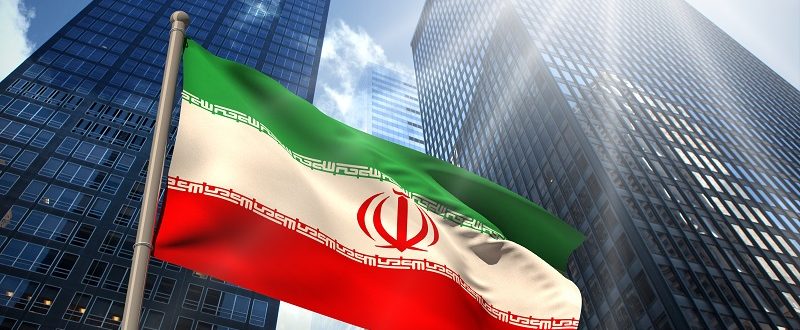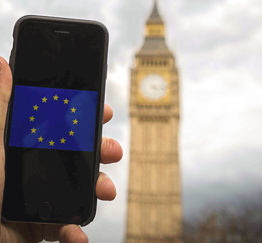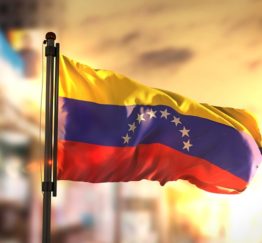While crippling international economic sanctions on Iran are being lifted after Tehran agreed to scale back its nuclear development program, U.S. persons continue to be barred from direct business dealings with the Middle East nation without express case-by-case license authorization from the U.S. Treasury Department’s Office of Foreign Assets Control (OFAC).
This is in sharp contrast to the stance taken by European governments which are opening up almost all trade with Iran. Washington’s position to maintain its other sanctions is based on caution because of Tehran’s continued support for terror groups in the region, including Hezbollah in Lebanon, human rights abuses and attempts to proliferate weapons of mass destruction.
SDN and other denied and restricted party screening must continue
The upshot of all this is that U.S. persons and foreign entities, as well as overseas subsidiaries of American companies, are still prohibited from business dealings with individuals and entities named on OFAC’s Specially Designated Nationals and Blocked Persons List (also known as the SDN List). Screening against the SDN List, along with denied and restricted parties lists maintained by other U.S. government departments, agencies and world bodies, must continue to occur, especially as these lists are frequently updated.
To underline the point, OFAC recently added the names of new entities who are helping to develop Iran’s ballistic missile system.
OFAC restrictions on U.S. Foreign Subsidiaries
The lifting of nuclear-related sanctions means that non-U.S. persons can engage in business dealings with Iran that were previously prohibited. The same is true of foreign subsidiaries of U.S. companies. However, these subsidiaries require OFAC licenses to export or re-export U.S. origin goods to Iran. Additionally, money transactions must be undertaken outside the American financial system.
Unclear future
Iran’s agreement to scale back its nuclear development is seen as a milestone in the bid for regional Middle Eastern stability and world peace. However, the history of animosity and distrust remains the continued political dynamic between Washington and Tehran.
And it is not by accident that not all the nuclear-related sanctions will be lifted all at once. Observers say that the process could take years to complete, adding that the shackles could be slapped back on if Iran reneges on any part of the agreement.





